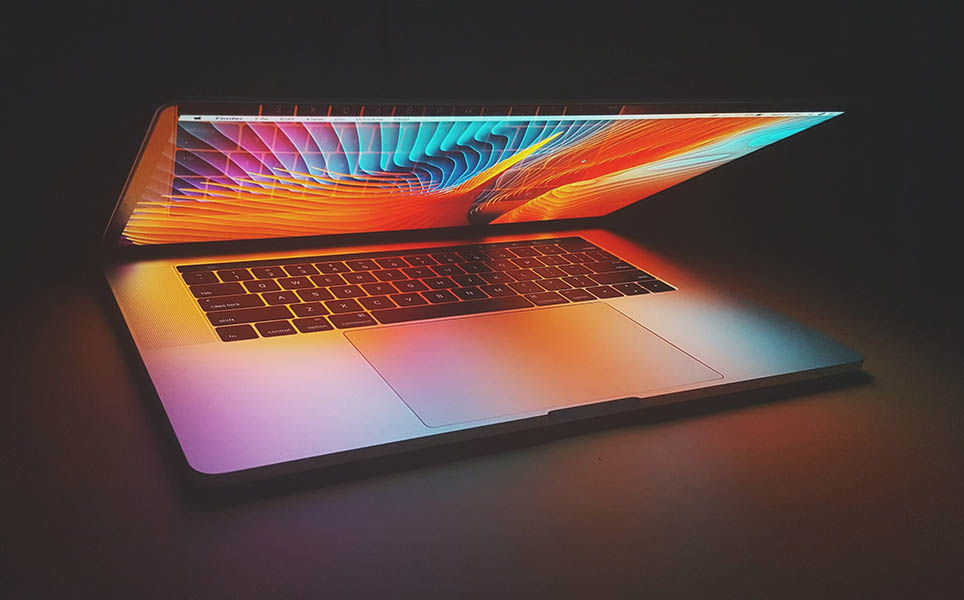Why you should take digital security seriously

“Weak passwords are the number one cause of cyber attacks, so it is vital that you create a different password for each of your accounts.”
In the modern age, it seems like our entire lives are stored on a range of digital devices. From bank details to family photos, our phones and laptops are a convenient way of storing personal and sensitive data. However, hackers are continually coming up with new ways to steal this valuable information. Cybersecurity Ventures predict that by 2021 the global cost of cyber-crime could reach six trillion dollars, with up to 90% of all companies falling victims of cyber attacks. High net worth individuals and family offices are prime targets for hackers due to the potential extortion value attached to reputational threats. Last year, Campden Wealth discovered that 15% of family offices interviewed suffered from at least one cyber attack, with one costing a family more than 10 million dollars. No one is safe from potentially devastating cyber attacks, that’s why taking your digital security seriously is more important than ever!
Many big name businesses have fallen victims of cyber attacks which had devastating consequences for their users, here are a few of the biggest cases to date:
Microsoft (2010)- A configuration issue within Microsoft’s Business Productivity Online Suite allowed non-authorized users to access employee information. Although Microsoft managed to sort the issue within a couple of hours, meaning only a small number of users were affected, this data breach is still notable for the time.
Dropbox (2012)- Hackers managed to steal 5 gigabytes of data which included email addresses and passwords from over 68 million users. The stolen data was reportedly sold via the dark web for 2 bitcoins, which at the time was valued for a total of $1,141.
Apple iCloud (2014)- One of the largest security breaches of all time due to the high-profile victims involved. A-list celebrities such as, Jennifer Lawrence, had their personal photos stolen and shared online. This was due to Apple’s iCloud being hacked, leading to Apple advising users to update their passwords and later introducing a notification system which alerts users of any suspicious activity.
If these cases have taught us anything, it is that hackers are continually adapting to technological advances in order to access your valuable data.
So, is your data safe?
We have compiled a checklist that will help you prevent hackers accessing your data and personal information…
- Encrypt your data – ‘Encryption’ is a way of protecting your data. Emails, chat histories, files and credit card information is extremely valuable to hackers so it is important you learn how to encrypt it effectively. Encryption software can be easily downloaded to protect individual files on your computer. Alternatively, if you have a work laptop with lots of important files and data, you can opt to encrypt the entire hard drive. There are also various plugins available to download, which will protect and secure your emails!
- Install anti-malware software – Malware is short for ‘malicious software’, which is designed to damage your computer or laptop. Malware can come in many forms including, viruses, spyware and worms. These can be present within innocent looking emails, files, and websites. The best way to avoid malware is to regularly run an anti-virus program, which will scan your computer for any malicious software.
- Backup your data – Backing up your entire computer or laptop onto an external hard drive is the best way to save your data if anything happens to it. This way you can easily recover all of your information if your device is hacked or stolen.
- Install new updates – Perhaps one of the most overlooked techniques of securing your data. Although updates on your device can be easily ignored, they are essential for protecting your device as they include new security patches! To keep on top of these updates, we suggest you automate them to ensure your computer is continually protected.
- Secure your wireless network – Whether it is at home or at work, it is always a good idea to set up your wireless network with a password. This will prevent hackers from using your wifi network as an access point to obtain your information.
- Update your passwords – 55% of people only use one password for all of their logins. Weak passwords are the number one cause of cyber attacks, so it is vital that you create a different password for each of your accounts. We suggest using a password that is made up of three random unrelated words, for example, ‘coffeebluedesk’. A combination like this should take hackers approximately 35,000 years to crack!
Although technology serves as a convenient way to store a wide range of data, both our business and personal information can be incredibly valuable to hackers. Therefore, it is increasingly important to take digital security seriously. By checking through the above list you can limit a hackers ability to access and harm your data or device!
If you would like to discover more about our digital security solutions then please don’t hesitate to get in touch.
